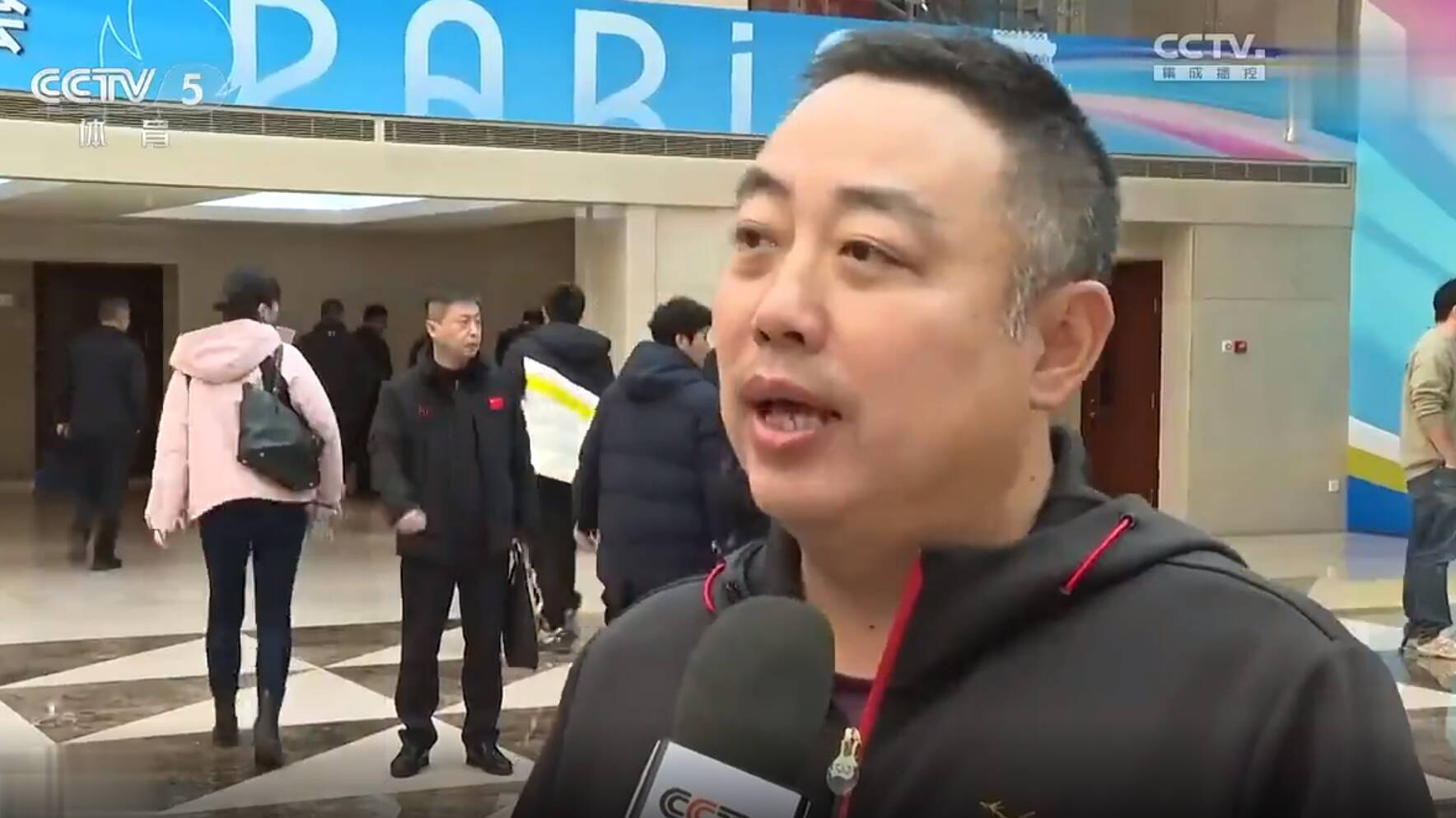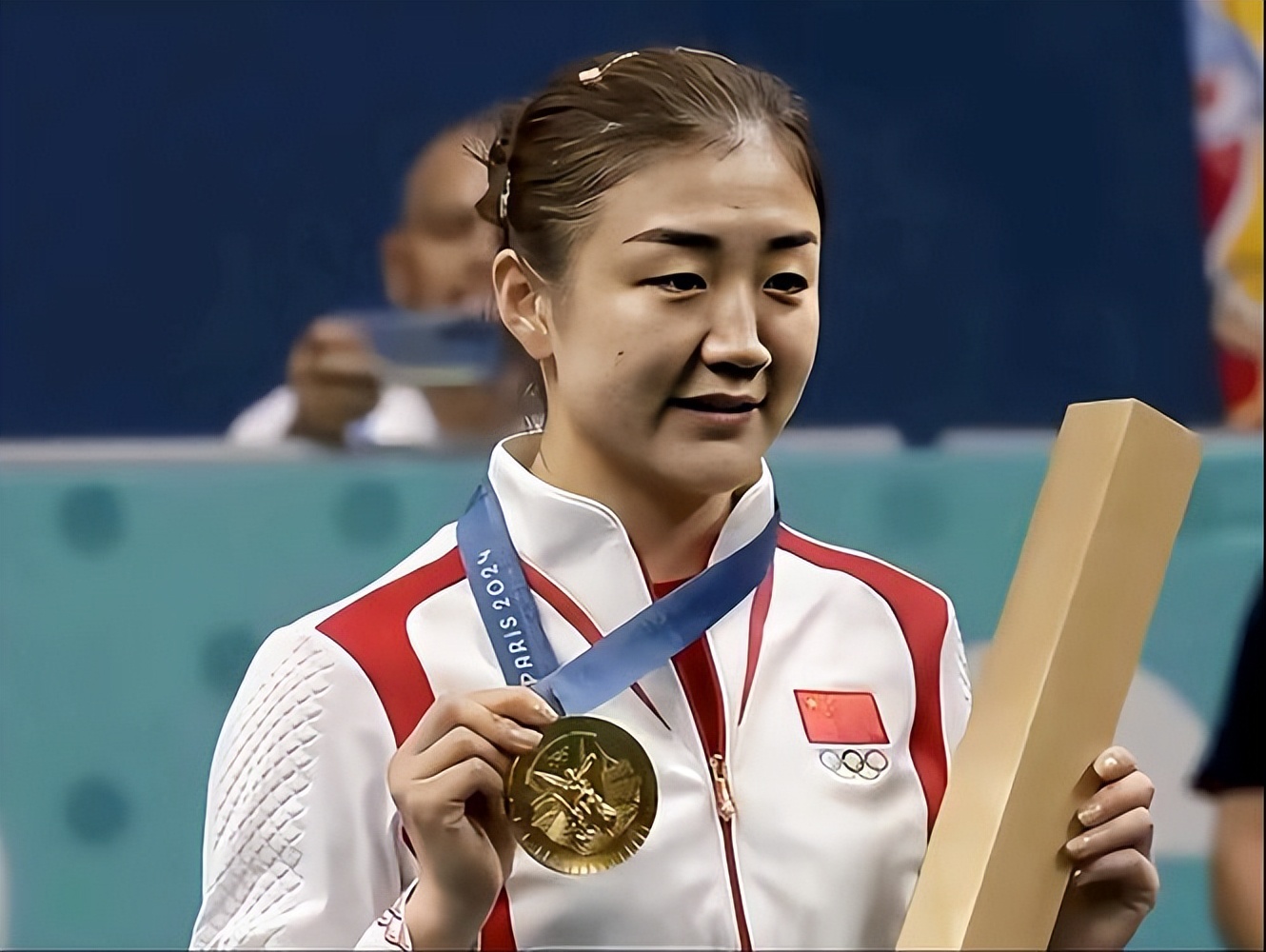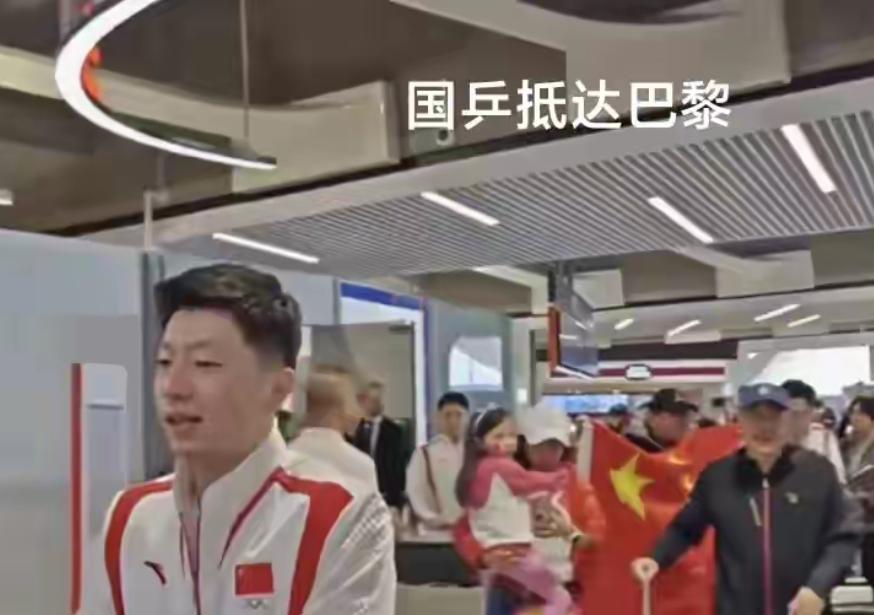Liu Guoliang, a shining name in the world of table tennis, has recently found himself at the center of public opinion. Some praise his remarkable achievements, while others question his coaching philosophy, and there are even those who predict his dismissal.
Throughout his career as both a player and coach, Liu Guoliang has made significant contributions to Chinese table tennis. He has led the national team to numerous honors and created countless legends. However, at the peak of his success, he faces an unprecedented challenge. The open criticism from famous sports figure He Xiaolong has placed Liu Guoliang in the eye of the storm, sparking discussions about the future development of Chinese table tennis.
Once the pride of the national team, Liu Guoliang has now become a focal point of controversy. This transformation evokes a sense of pity and prompts us to ponder how one's merits and demerits should be evaluated, and how we should view past glories amidst current challenges.

Some argue that Liu Guoliang's era has passed, and he should step down gracefully. Others believe he remains the best candidate for Chinese table tennis and should continue to lead the team forward. Only time can provide the answer to this debate.
He Xiaolong's criticism extends beyond Liu Guoliang personally, targeting the "fan culture" phenomenon within the national team. This invasion of entertainment culture casts a shadow over the pure realm of sports competition and adds extra pressure on the athletes.
The fervent pursuit of stardom by fans sometimes crosses boundaries, causing disruptions in the athletes' lives and training, potentially affecting their mentality and performance. This poses a significant risk to the long-term development of the national team.

Consider the scenario where athletes, after rigorous training, must deal with fan blockades and harassment. Their energy and focus are diverted, which is detrimental to preparing for competitions.
More concerning is the potential harm to athletes' mental health from extreme fan behavior, such as cyberbullying and personal attacks. These issues demand our attention and reflection.
In response to external doubts and criticisms, Liu Guoliang did not remain silent. He accepted a CCTV interview to unveil the new training plan for the national team, serving as both a response to the doubts and a vision for the future.

The new plan prioritizes nurturing new talent to infuse fresh blood into the national team. With veterans eventually retiring, the younger generation must take up the mantle. This is a challenging yet hopeful endeavor.
Whether Liu Guoliang's plan will succeed remains to be seen, but he has demonstrated a positive attitude and confidence in the future, providing a morale boost for the national team.
In a new cycle with new challenges, it remains unknown if the national team can sustain its glory. However, we believe that as long as they stay true to their original aspirations and strive hard, they will undoubtedly create new miracles.

Entering a new Olympic cycle filled with challenges and opportunities, veterans are gradually retiring, and young players must shoulder the responsibility. Whether they can continue the national team's legacy is uncertain but eagerly anticipated.
Ma Long, the veteran player, may bid farewell to the court, which would be a significant loss for the national team. Yet, it also marks a new beginning. Young players must work harder to fill the void left by Ma Long.
Fan Zhendong, once a star of hope, now faces a difficult decision: to continue competing or retire. This choice significantly impacts the future of the national team.

Wang Chuqin, the young player with high expectations, requires further refinement to truly become a pillar of the national team. His growth will determine the team's future.
The rise of the new generation is the hope of the national team. Whether they can make a name for themselves on the international stage and win more glory for the team will be proven with time and through their efforts.
Team cohesion is a major challenge in the new cycle. Young players need to adapt and cooperate with each other to form a stronger fighting force. This is a lengthy process and an inevitable path.

Adjusting the training plan is also crucial. Crafting a more scientific and reasonable training plan based on the characteristics and actual conditions of the players will better enhance their abilities and lay a solid foundation for Olympic preparations.
Practical exercises are the best way to test training outcomes. By participating in various competitions, experience is accumulated, and shortcomings are discovered, allowing for better preparation for the Olympics and achieving better results.
The Olympics, the dream of all athletes and the ultimate goal of the national team, require immense effort and overcoming various difficulties to ultimately stand on the Olympic podium.
Maintaining peak condition is key to Olympic preparations. This necessitates athletes to maintain high concentration and a positive mindset in training and competitions to perform at their best when it counts.
Competition is brutal, and only the strong survive. National team players must continuously challenge and surpass themselves to stand out in fierce competition and ultimately realize their Olympic dreams.
He Xiaolong's criticism, though perhaps sharp, originates from a desire for the national team to develop better. It should prompt reflection within the national team. Only through continuous improvement and perfection can they maintain their leading position.